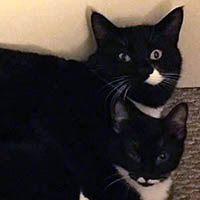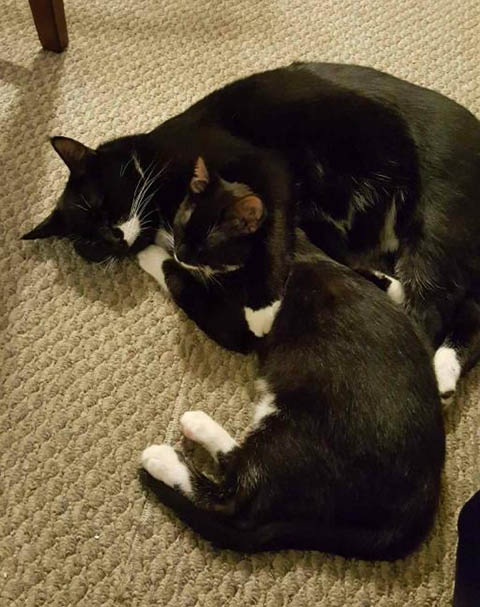So: Immediately after my last post, in which I detailed the long list of projects that I believe I need to complete in order to have any viable shot at paying the bills by writing, I came down with a moderately severe case of flu. The muscle aches gave me sleepless nights, which I could have dealt with; but I also had a fever, and when I get a fever, my inner ears get inflamed, and when my inner ears get inflamed, I get spasms of dizziness whenever my head moves, and can actually hear the faint whoosh of the perilymph sloshing about in there. (It took me half a century to figure out that the illusion of sound I heard at such times was no illusion at all, but an actual sound inside my ears.)
Kipling observed in his autobiography:
I discovered that a man can work with a temperature of 104, even though next day he has to ask the office who wrote the article.
I am extraordinarily cool-blooded by nature, and if my temperature gets up to the canonical 98.6 (or 37 °C) I am already suffering from all the effects of full-blown fever. With a temperature of 104, I should in all likelihood be dead. But having to ‘ask the office who wrote the article’ is a significant handicap when (a) the ‘article’ is part of a tightly organized book, or worse, a series of several books, and (b) there is no ‘office’ to ask. I find that when I am feverish, the perpetual dizzy spells and whooshes are apt to cut off the whole writing process every few minutes, just long enough for my short-term memory to lose track of what I was doing; and if I do nevertheless get stuff written down, my long-term memory is never properly informed, and next day I have to ask what I was writing it for, and nobody can tell me. This is unsatisfactory.
More specific and serious unpleasantnesses have also occurred, but I shall spare you those. I am very unhappy with life and the world, and furious with my own utter lack of progress in recent days.










Recent Comments